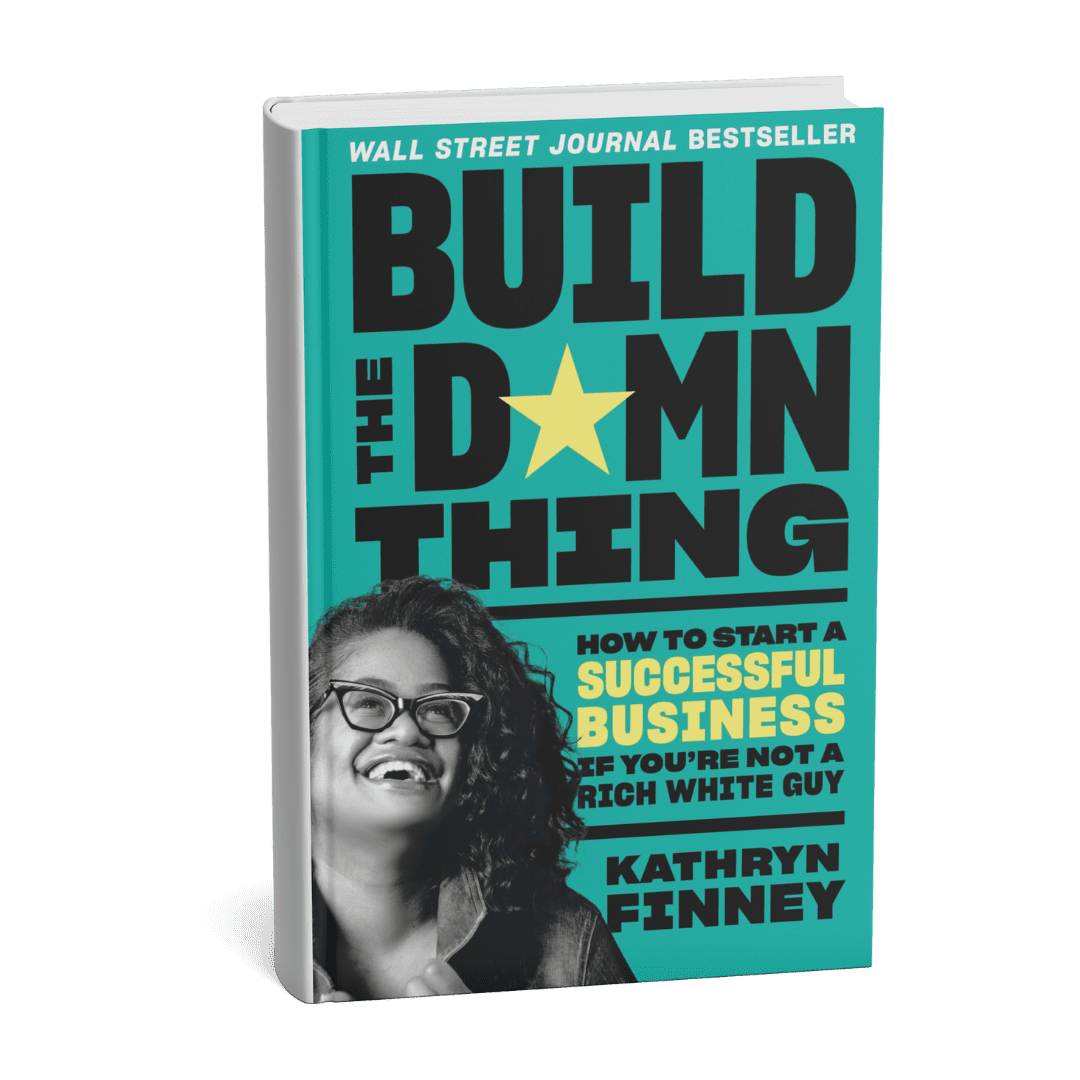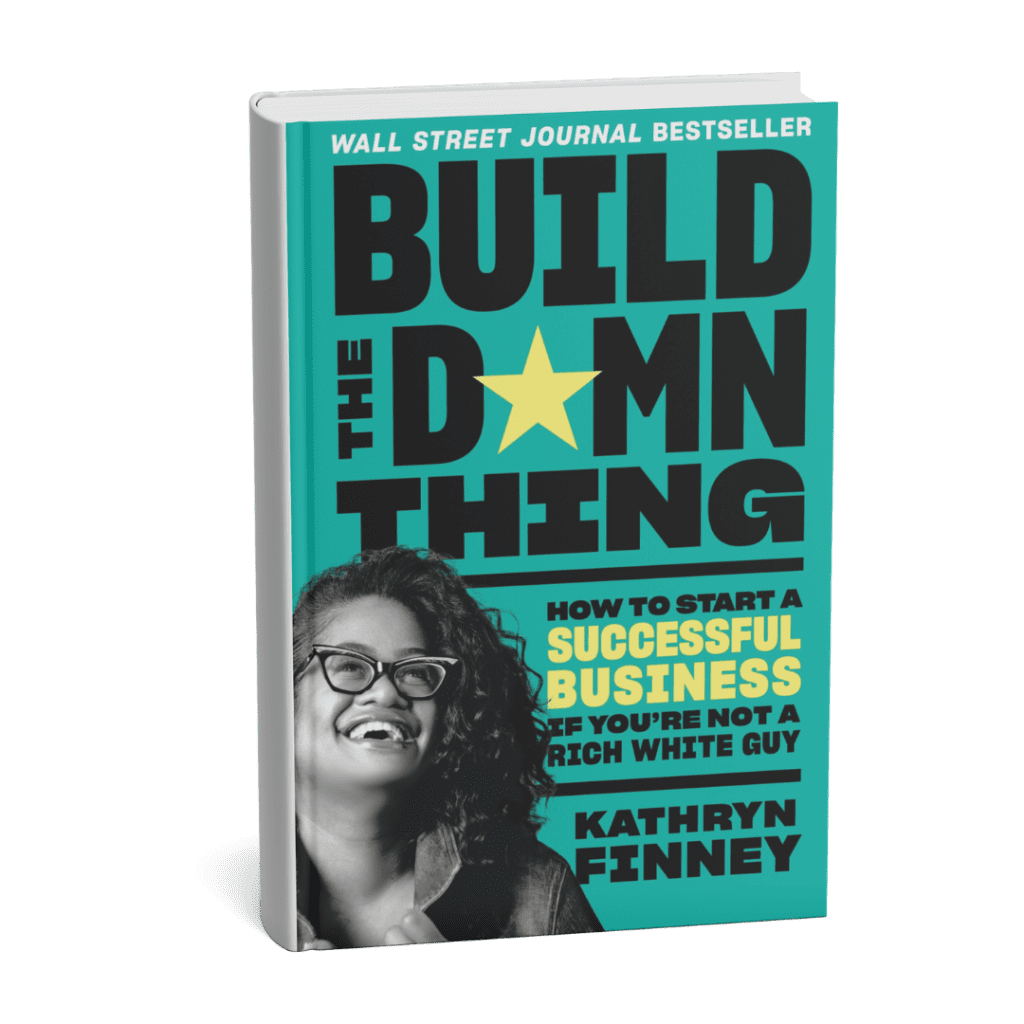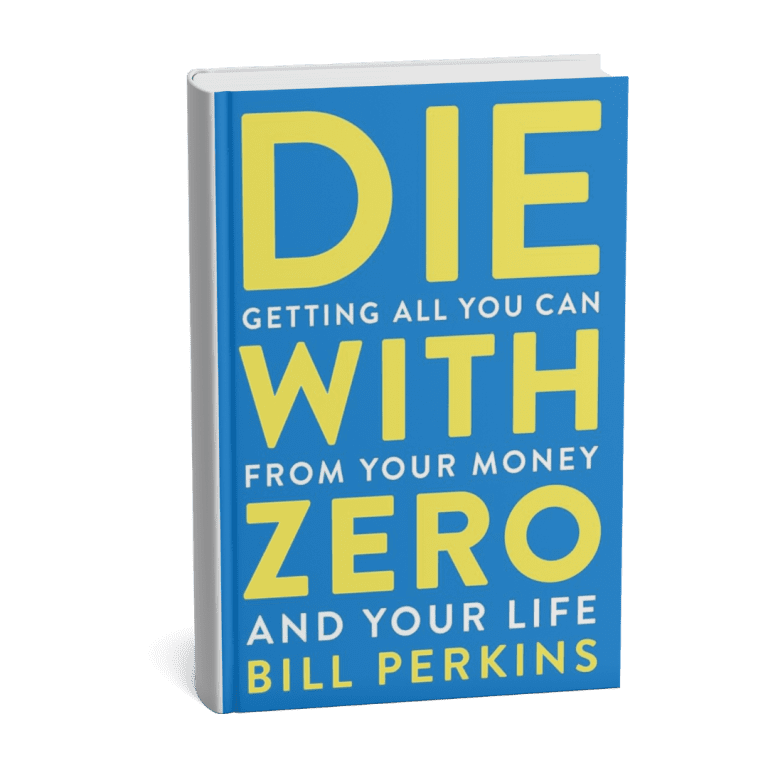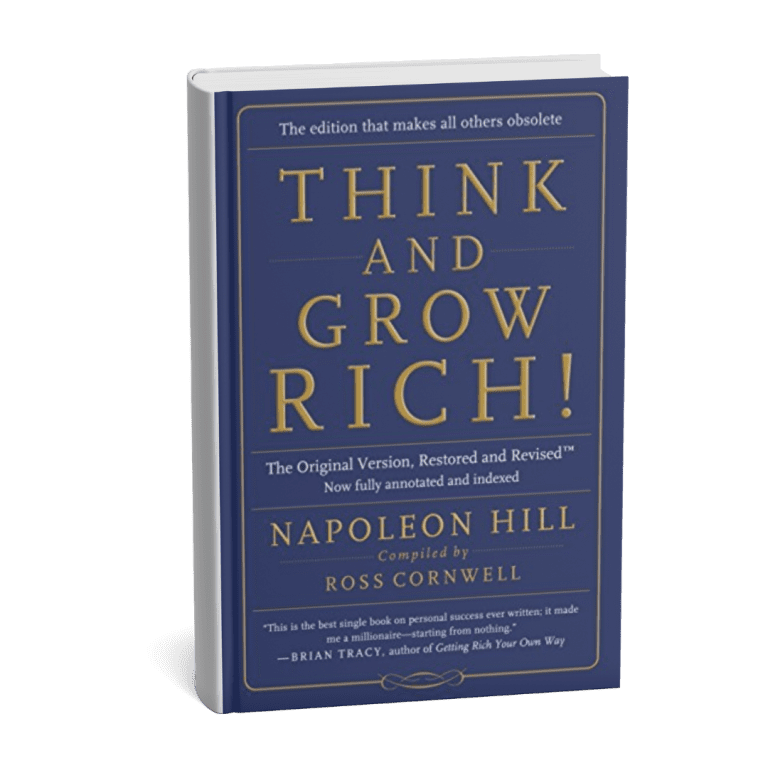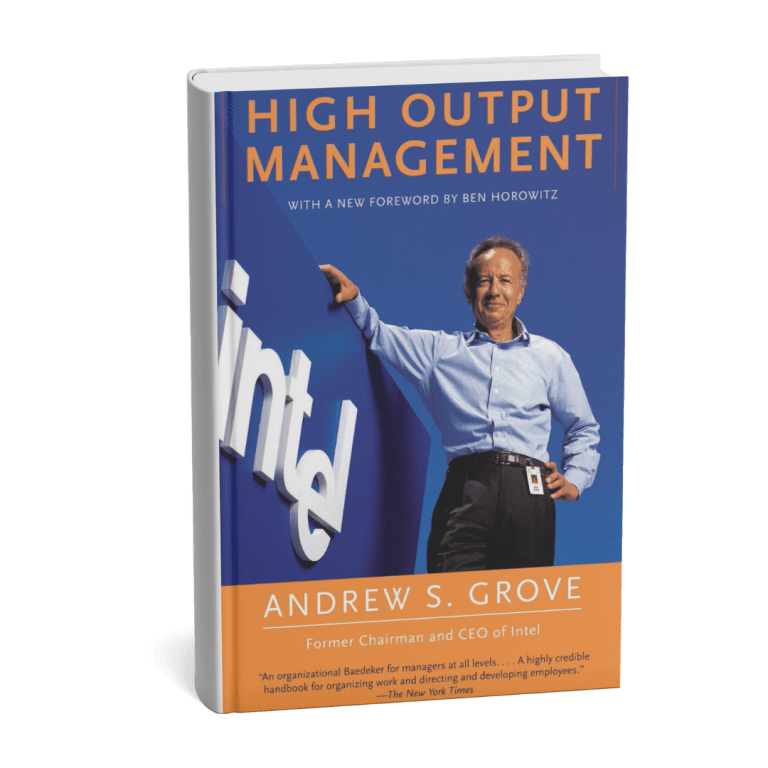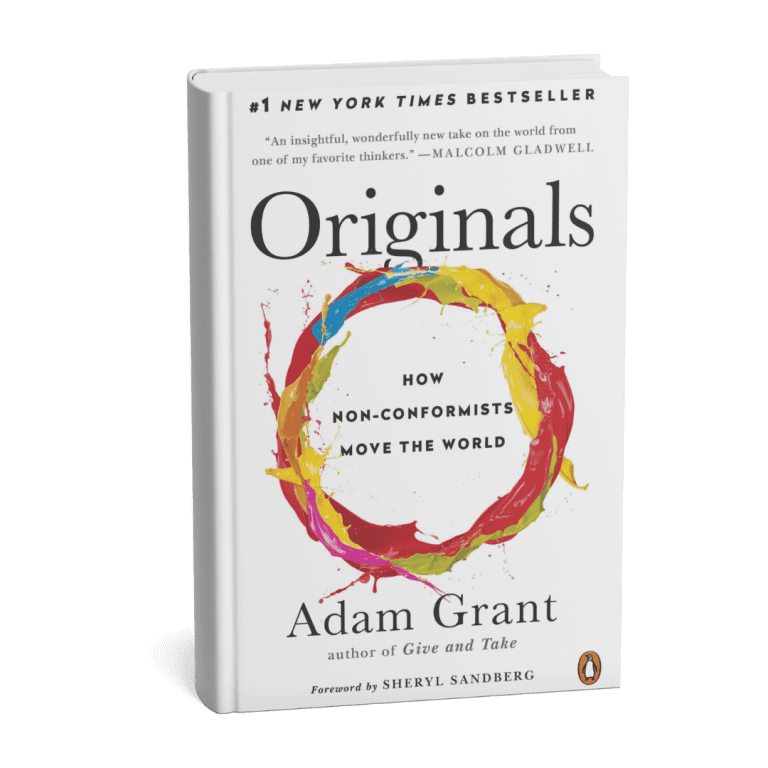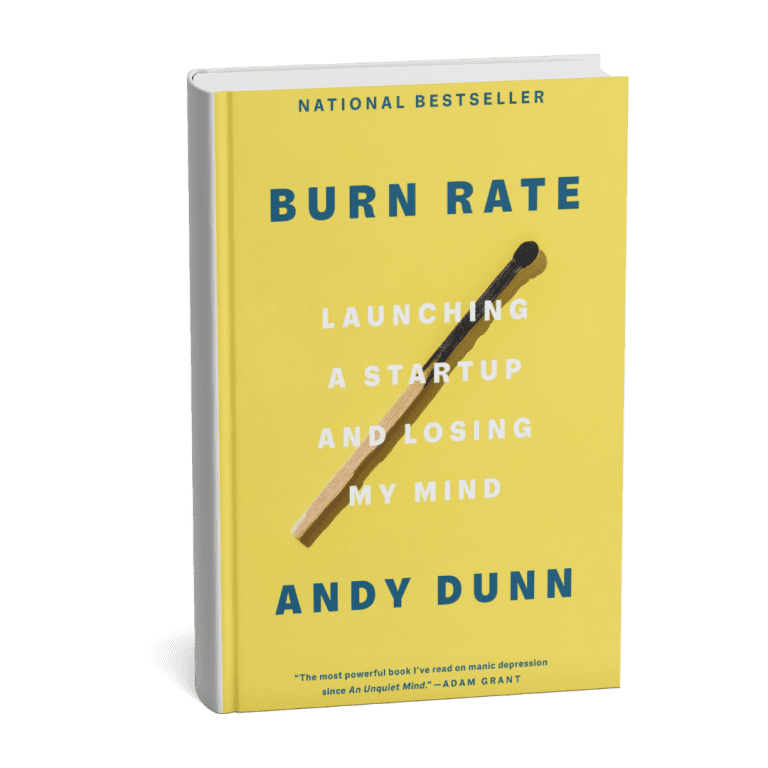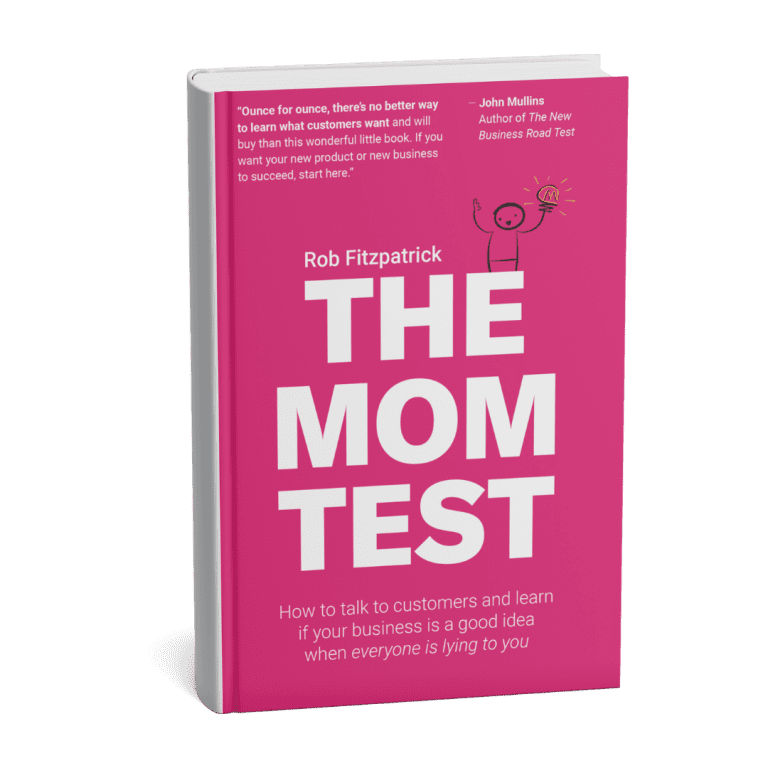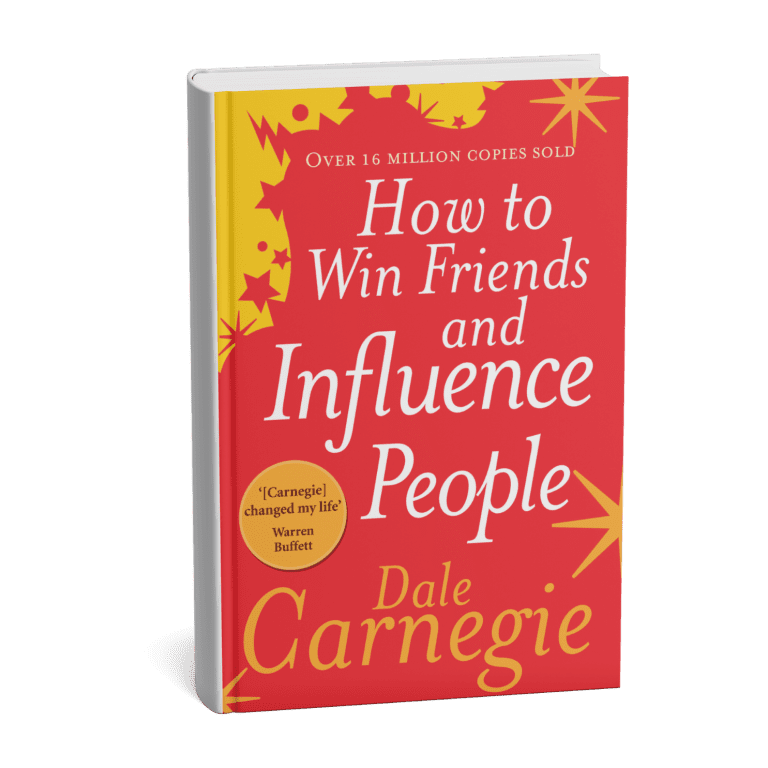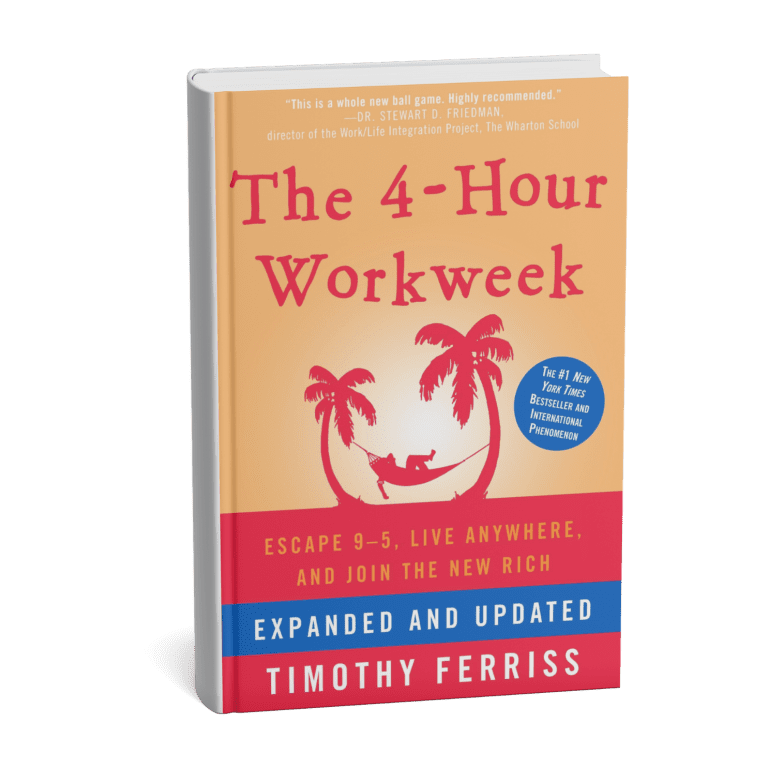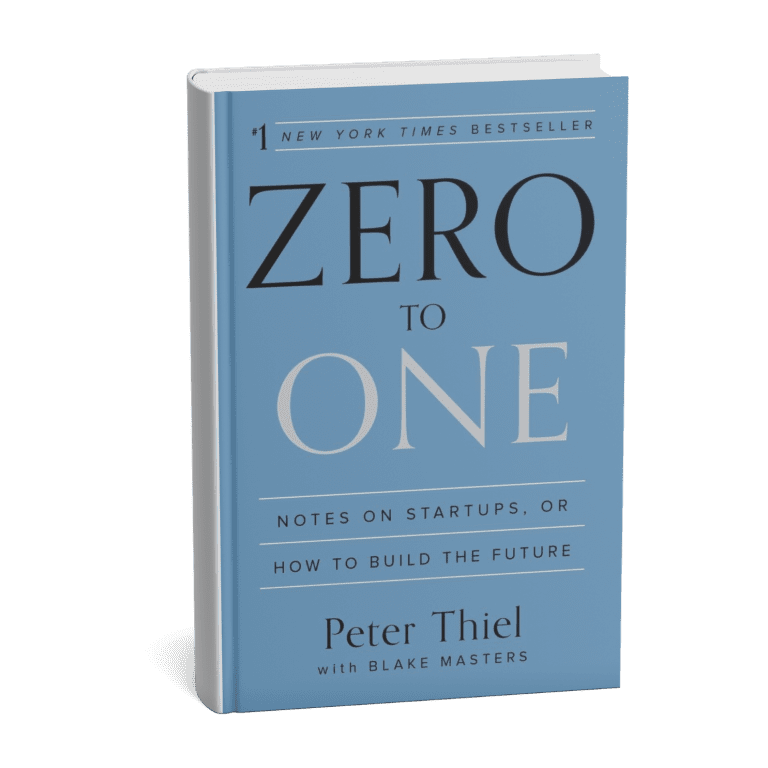In “Build the Damn Thing,” Kathryn Finney delivers a high-impact playbook for aspiring entrepreneurs, especially those from underestimated communities- namely Black women, people of color, and anyone shut out of traditional startup ecosystems. Drawing from her own experience as a Yale-trained epidemiologist turned tech entrepreneur and venture capitalist, Finney offers no-fluff, direct guidance on how to successfully build, fund, and lead a scalable company, while navigating bias, systemic barriers, and the reality of entrepreneurship.
The book dismantles Silicon Valley myths and instead focuses on building real, sustainable businesses. Finney rejects the idea that success must come from elite networks or flashy pitch decks. Instead, she urges founders to lean into their strengths, tell their own stories, and understand the power of community and resourcefulness.
Key Concepts Covered:
- CEO Mindset: Becoming a CEO isn’t about title- it’s about clarity, decision-making, and embracing the uncomfortable. Founders must think big but act with grounded strategy.
- Foundation First: Finney emphasizes building a strong legal, financial, and operational foundation early. This includes understanding incorporation, cap tables, financial modeling, and ownership structure.
- Money Is Power: The book breaks down various funding paths (VC, angels, revenue-based financing, grants), and helps founders choose based on long-term strategy rather than chasing status.
- Hiring With Purpose: Building a team is not just about skill fit, but cultural alignment and shared values. Leaders must grow into managers who create psychologically safe environments.
- Marketing Your Story: The most successful brands know how to tell a powerful story that resonates with their audience, particularly when breaking barriers.
- Wellness as Strategy: Mental health, boundary setting, and avoiding burnout are not luxuries but strategic necessities for sustainable leadership.
- Exit on Your Own Terms: Not all exits are IPOs. Finney provides insight into how founders can define success and plan for exits that align with their vision, whether via acquisition, scaling slowly, or staying private.
Throughout, Finney uses her own failures and wins—along with stories from other underestimated founders—to humanize the entrepreneurial path. She offers scripts, checklists, and realistic expectations to keep readers focused and encouraged.

